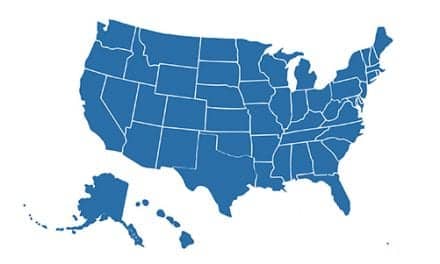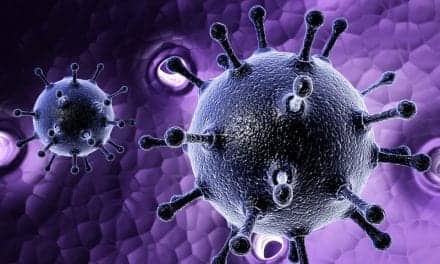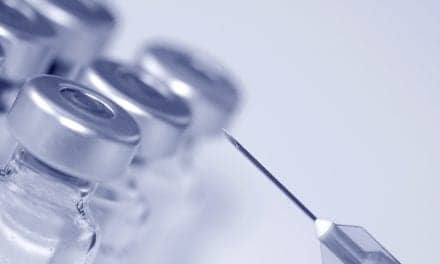A National Institutes of Health (NIH) study published in The New England Journal of Medicine reports that a rare genetic disease, while depleting patients of infection-fighting antibodies, may actually protect them from certain severe or recurrent viral infections.
Researchers found that HIV and influenza viruses replicate in the cells of people with congenital disorder of glycosylation type IIb (CDG-IIb) at a much lower rate than in healthy donor cells, creating fewer and less infectious viruses.
In the study, the researchers diagnosed CDG-IIb in two siblings with severe development issues who were referred to the NIAID PID Clinic though the NIH Undiagnosed Diseases Program.









